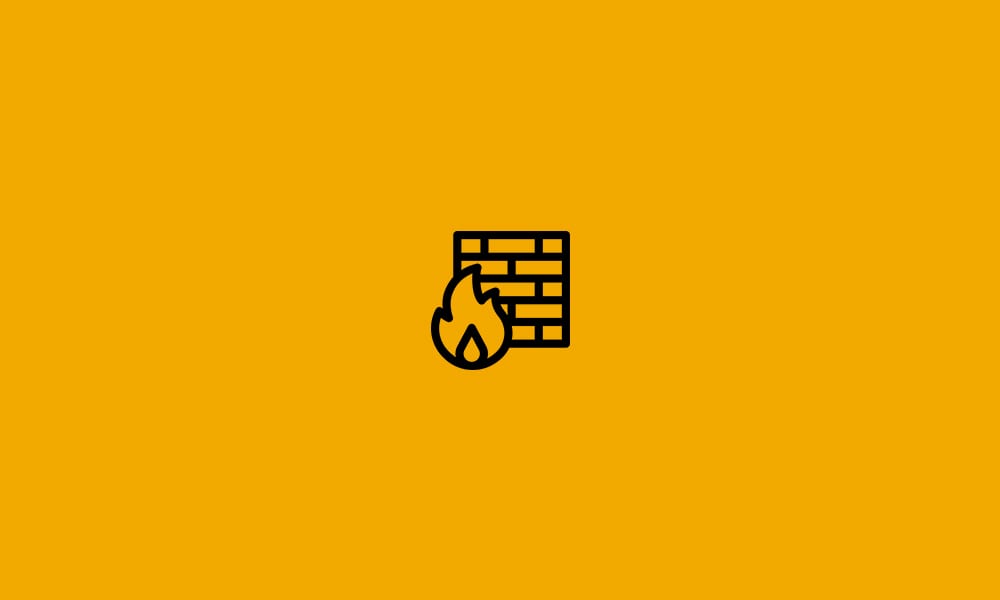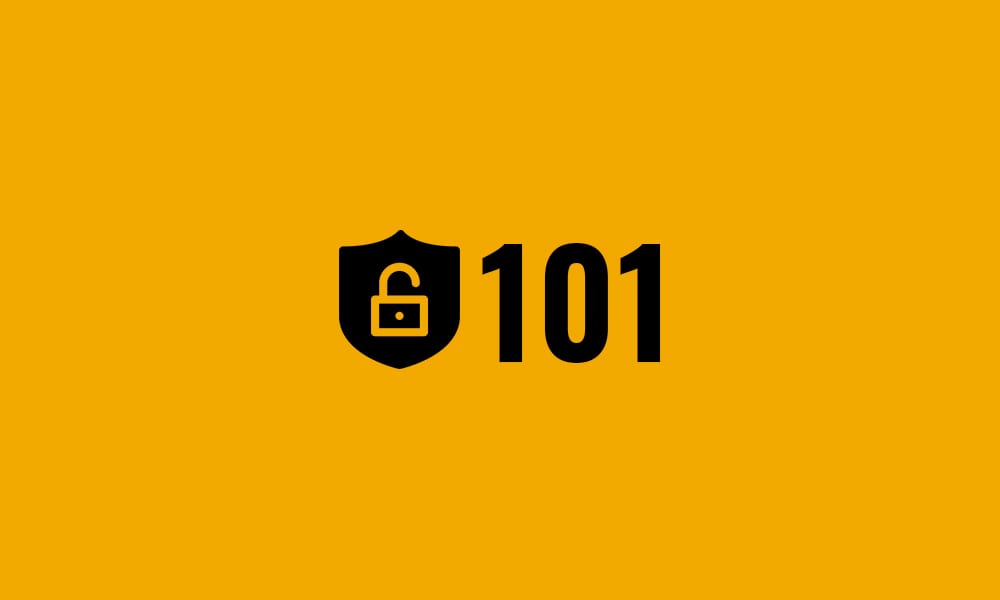Cybersecurity 102: How Firewalls Protect Against Threats

The internet is two-way connection. You don’t just go onto the internet. The internet goes onto the device you’re using. If you’re not careful, a lot of bad things can get into your system through the internet. Recently, we discussed some of the major threats that companies face on the internet. Now it’s time to look at the first step to […]
Cybersecurity 101 – What are the Threats?

With so much of our lives and businesses online, cybersecurity is more important than it’s ever been. And it’s not just something that big businesses have to worry about. Nearly half of cyber-attacks are targeting small businesses. For small businesses, one bad hack could be enough to put them out of business for good. That means cybersecurity should […]
